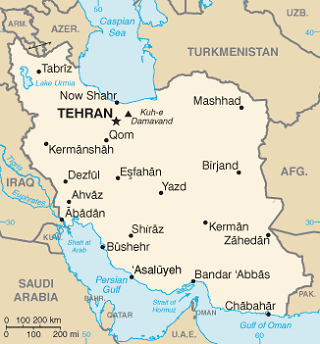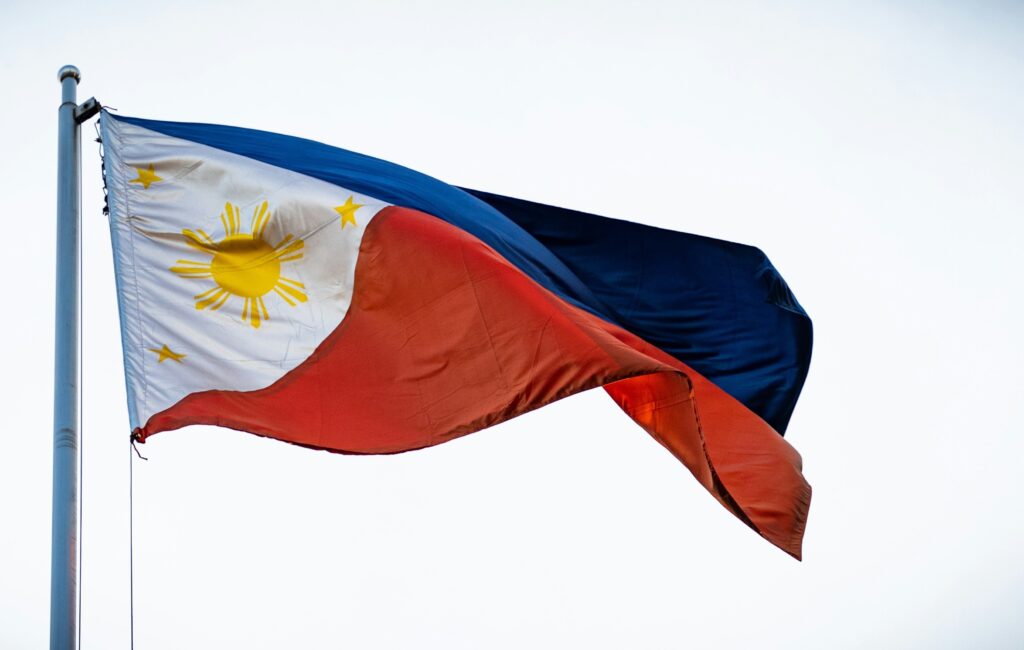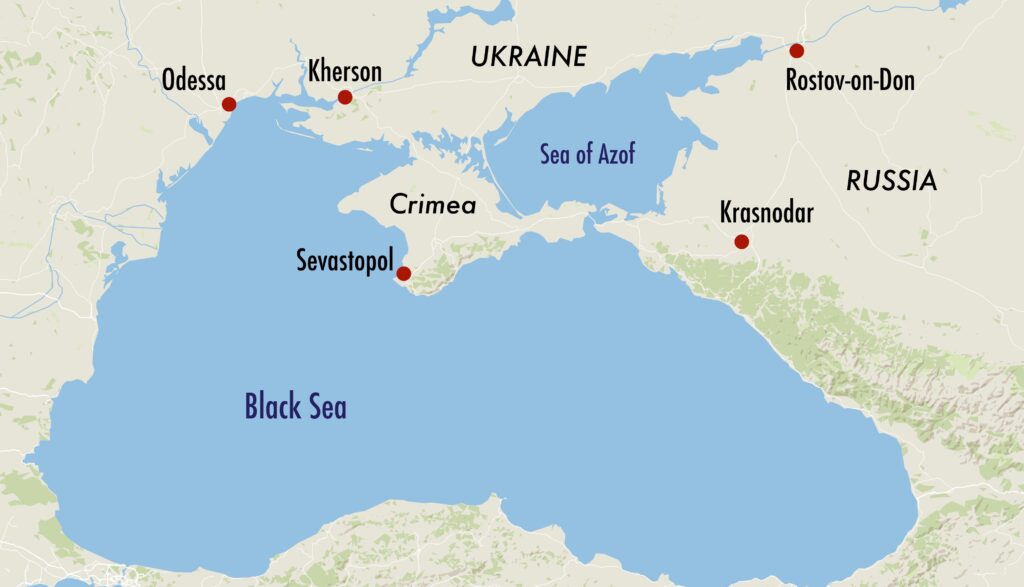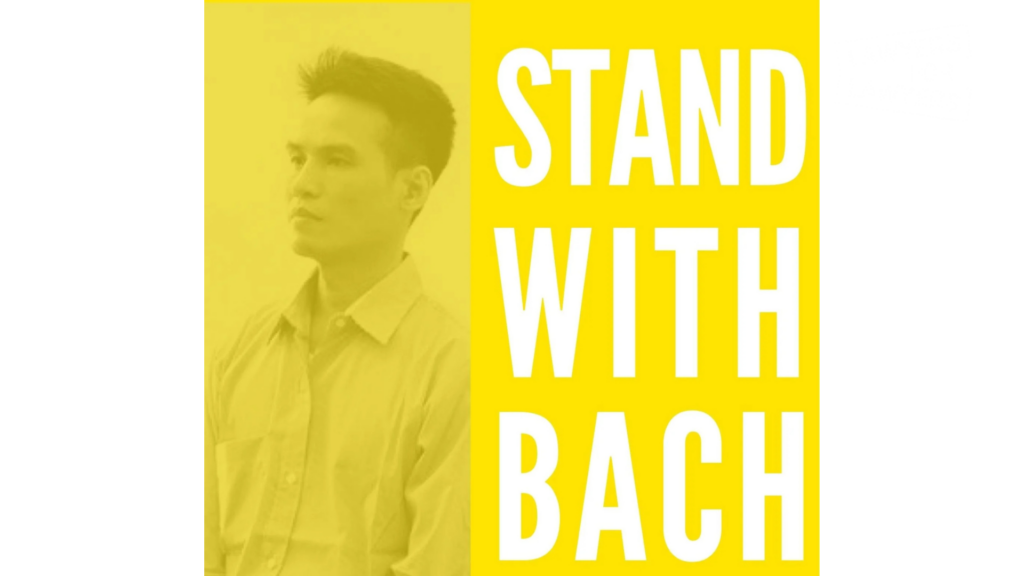The Law Society of England and Wales and Lawyers for Lawyers call on the Iranian Government to halt the arbitrary arrest, detention, and ill treatment of lawyers and allow protesters access to legal representatives.
Nation-wide protests began on 16 September 2022, when 22-year-old Mahsa Amini died in a hospital in Tehran after being arrested by the morality police for wearing an “improper hijab”. Under Iranian law, women who appear without a “proper” hijab in public, based on the judgment of the morality police, can be fined or sentenced to between 10 days to two months in prison. Over the past five years, authorities have prosecuted, convicted, and detained several individuals, including lawyer Nasrin Sotoudeh, for their peaceful opposition to compulsory hijab laws.
Peaceful protests have been – and are – taking place in many cities, including Tehran, Ilam, Isfahan, Kermanshah, Mahabad, Saqez, Sanandaj, Sari and Tabriz to demand accountability for the death of Amini and put an end to violence and discrimination against women in Iran. It has been reported that there has been an excessive use of force by state authorities against protesters and that hundreds of protesters have been arbitrarily arrested and are denied access to a legal representative, as well as visits by relatives. On 12 October, an internet shutdown was implemented in many parts of the country, allegedly to prevent evidence of human rights violations from being distributed and to stop the protests.
We are very concerned about the following lawyers who have been arrested and detained, some of whom are held at an undisclosed location. Milad Panahipour and Saeed Jalilian, who represent political rights activist Hossein Ronaghi, were arrested together with their client at Evin Court on 24 September 2022. They were subjected to beatings and excessive restraint and then transported to Evin prison – where they are currently held – in an ambulance. Detainees are transported to holding centres in ice cream lorries and ambulances, so as to go undetected and uninterrupted by the protestors. The lawyer Mahsa Gholamalizadeh was detained on the same day, after confiscation of her belongings, and is being held in solitary confinement at Evin prison.
The lawyer Babak Paknia was arrested at his own home with a warrant and is in the custody of Sepah (Islamic Revolutionary Guard Corps) and held at ward 2A of Evin prison (most other lawyers are held in ward 4). This ward holds mainly political prisoners and is known for incidents of ill treatment and torture of detainees. Evin prison is severely overcrowded and prisoners are crammed into unsuitable accommodation with a lack of adequate beds. They sleep on concrete floors with no blankets and food is rationed due to shortage of stocks as the number of detainees has increased substantially as a result of the crackdown on protesters and their lawyers.
The lawyer Golaleh VatanDoost was arrested in Kurdish province. There is no information available on her whereabouts or welfare. In addition, the lawyers Roza Etemadansari, Firouzeh Khordechi and Amir Dehghani were arrested, without information being available on where they are being held. Prior to the start of the demonstrations, the lawyer Keyvan Samimi was convicted by Branch 1 of the Revolutionary Court in Tehran and barred from all forms of communication, including access to a lawyer. He is held in Semnan prison.
Regional law societies in Iran have issued public statements calling for the rights of citizens and detainees to be respected and for fair trial guarantees to be adhered to. Some have also issued statements saying that their members stand ready to represent those who have been arrested and detained free of charge. However, the right to access to a legal representative – as established in Iranian and international law – is consistently denied by state authorities.
Following the arrests of numerous lawyers, the Tehran Law Society and others have been receiving threats, from parties linked to the Iranian Government, that they face closure and arrest of all lawyers allied to them. On 12 October, state security forces attacked a peaceful demonstration by lawyers expressing solidarity with nationwide protests outside the Iranian Bar Association in Argentina Square in Tehran. Several rounds of tear gas were fired. During that incident, two white vans without license plates arrested approximately two dozen persons and took them to an undisclosed location. Among those detained are three lawyers who were violently arrested and taken away in separate vehicles: Mohammad Reza Faqihi, Saeed Sheikh, and an unidentified female lawyer. No charges against the lawyers mentioned have been published.
The arrest and detention of these lawyers are the latest incidents in the continuing crackdown on lawyers, which has been intensifying in the last few years. Lawyers in Iran face a perpetually “unpredictable and repressive environment”[1] consisting of systematic and widespread arbitrary arrests, unfair trials, prolonged arbitrary detention, and ill-treatment. Numerous lawyers and other human rights defenders are being arbitrarily detained based on illegitimate charges and following unfair trials that violate Iran’s national and international obligations.
Lawyers play a vital role in upholding the rule of law and the protection of human rights, including the rights to an effective remedy, due process and fair trial guarantees, and the right of freedom from torture and other cruel, inhuman, or degrading treatment or punishment. Their work is indispensable for public confidence in the administration of justice and to ensure access to justice for all. To fulfil their professional duties effectively, lawyers should be able to practice their profession safely and should be free from improper interference, fear of reprisals, and unreasonable or illegitimate restrictions.
Where improper interference or reprisals become widespread and systematic, this creates a chilling effect and a climate in which lawyers may no longer be willing to represent clients, especially in politically sensitive cases. This severely compromises the right to effective legal representation, as well as the proper functioning of the rule of law and the protection of human rights and fundamental freedoms.
According to Article 16 of the Basic Principles, governments should ‘ensure that lawyers (a) are able to perform all of their professional functions without intimidation, hindrance, harassment or improper interference; (…) and (c) shall not suffer, or be threatened with, prosecution or administrative, economic or other sanctions for any action taken in accordance with recognized professional duties, standards and ethics’. The Basic Principles further establish that lawyers have the right to freedom of assembly, in particular when relating to the promotion of human rights (Basic Principle 23).
Iran ratified the International Covenant on Civil and Political Rights (ICCPR) on 24 June 1975 and has an international obligation to respect and guarantee the rights established therein, including the right to life, right to a fair trial, the right to liberty and security of person, and the right to be free from torture and ill treatment.
We call on the Iranian authorities to:
- Immediately and unconditionally release all lawyers who have been arbitrarily arrested and detained and drop any charges against them;
- Pending their release, to guarantee the psychological and physical integrity of the lawyers and comply with international standards on conditions of detention; and
- Guarantee that all lawyers in Iran are able to carry out their professional duties without intimidation, hindrance or improper interference.
Find a PDF version of the statement here.
[1] UN Doc. A/HRC/49/75 Situation of human rights in the Islamic Republic of Iran – Report of the Special Rapporteur on the situation of human rights in the Islamic Republic of Iran, 13 January 2022.




